EU – Armenia: Course toward closer ties Mission with double bottom line
During his visit to Yerevan, German Federal President Frank-Walter Steinmeier, in a meeting with Armenian President Vahagn Khachaturyan, announced that the European Union's High Representative for Foreign Affairs and Security Policy, Kaja Kallas, would soon visit Armenia. Although the exact date of the visit was not specified, Steinmeier noted that the trip would involve discussions on issues related to the signing of a new document between Brussels and Yerevan.
It is not difficult to guess that this pertains to a project aimed at deepening cooperation between Armenia and the EU. It is worth recalling that news of Kallas's visit to Armenia first surfaced earlier this year. Reports suggested that the EU foreign policy chief plans to visit both Armenia and Azerbaijan.
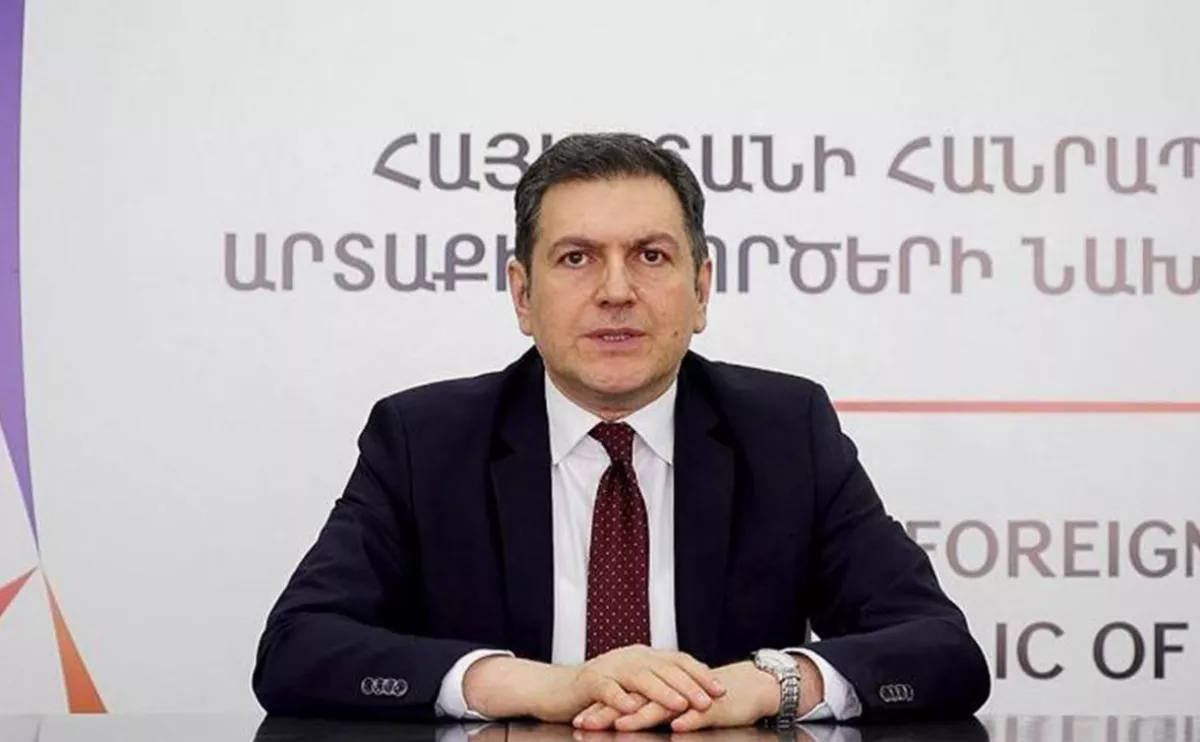
During an extraordinary meeting of the parliamentary committee on European integration, Armenia's Deputy Foreign Minister Paruyr Hovhannisyan emphasized the importance of the upcoming visit of Kaja Kallas and confirmed that Armenia and the EU are actively working on a new cooperation agenda. He also noted that the upcoming EU–Armenia Partnership Council would have a comprehensive and priority-driven agenda, reflecting the current state and prospects of bilateral relations.
A survey conducted among the population of Armenia revealed that 51% of respondents believe the country will join the European Union in the foreseeable future. This figure is largely a result of the pro-Western policies pursued by the Armenian authorities in recent years.
It is important to note that the EU's rapprochement with Armenia is largely driven by Brussels' geopolitical interests in the South Caucasus region. Meanwhile, Baku prefers to build its relations with EU countries based on bilateral contacts.
The European Union regularly emphasizes that the priority of its policy in the region remains the resolution of the Armenia-Azerbaijan conflict. In this context, it is worth recalling that in December of last year, Kaja Kallas held meetings with the foreign ministers of Azerbaijan, Jeyhun Bayramov, and Armenia, Ararat Mirzoyan, during the OSCE Ministerial Forum in Malta. These discussions addressed both the prospects for EU cooperation with the two countries and issues related to a peaceful settlement.
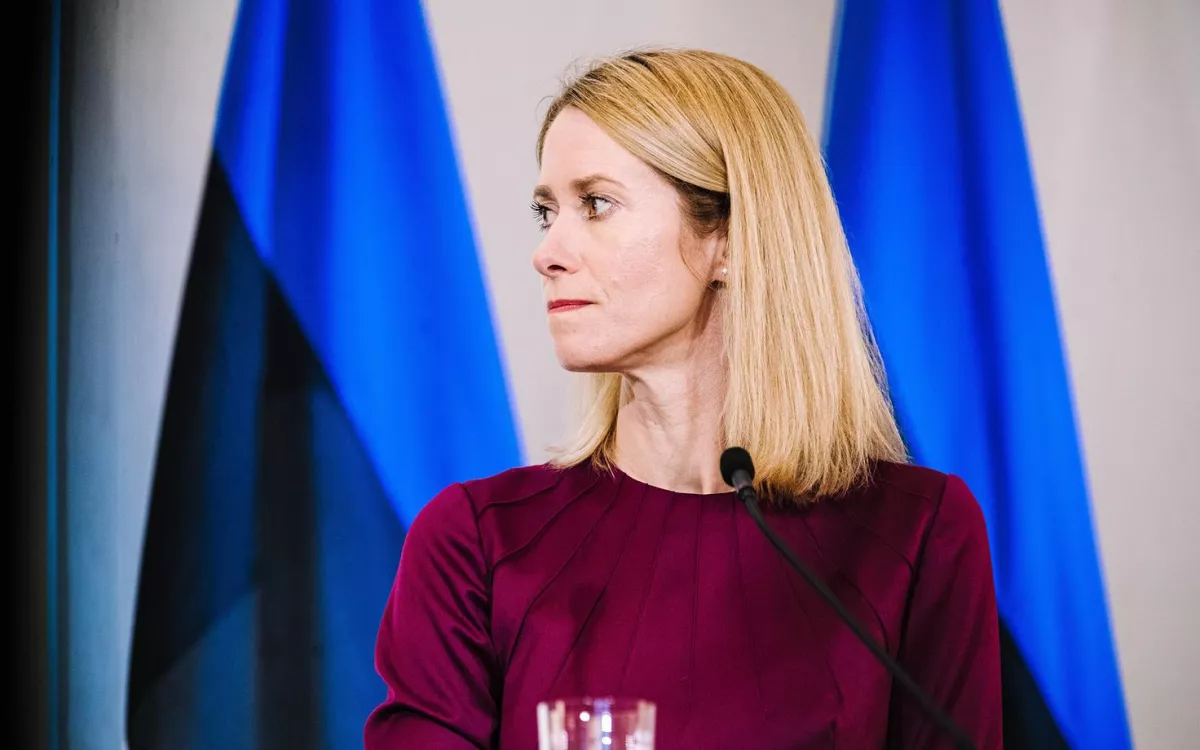
After meeting with Jeyhun Bayramov, Kallas left an optimistic statement on her X (formerly Twitter) account: "Today, I had a good first meeting with Azerbaijani Foreign Minister Jeyhun Bayramov. We discussed the EU-Azerbaijan partnership and the normalisation process between Azerbaijan and Armenia. I am ready to support all efforts towards sustainable peace in the region."
At first glance, the statement from the EU's top diplomat aligns with Baku's peaceful agenda. However, in practice, the European Union often demonstrates a one-sided approach, focusing primarily on the interests of Armenia. This biased policy of the EU in the South Caucasus was also evident under the previous head of European diplomacy, Josep Borrell, who was known for his openly pro-Armenian stance. Numerous instances reflect the former EU foreign policy chief's biased attitude towards Azerbaijan, which essentially mirrors the overall line of the European Union in the region.
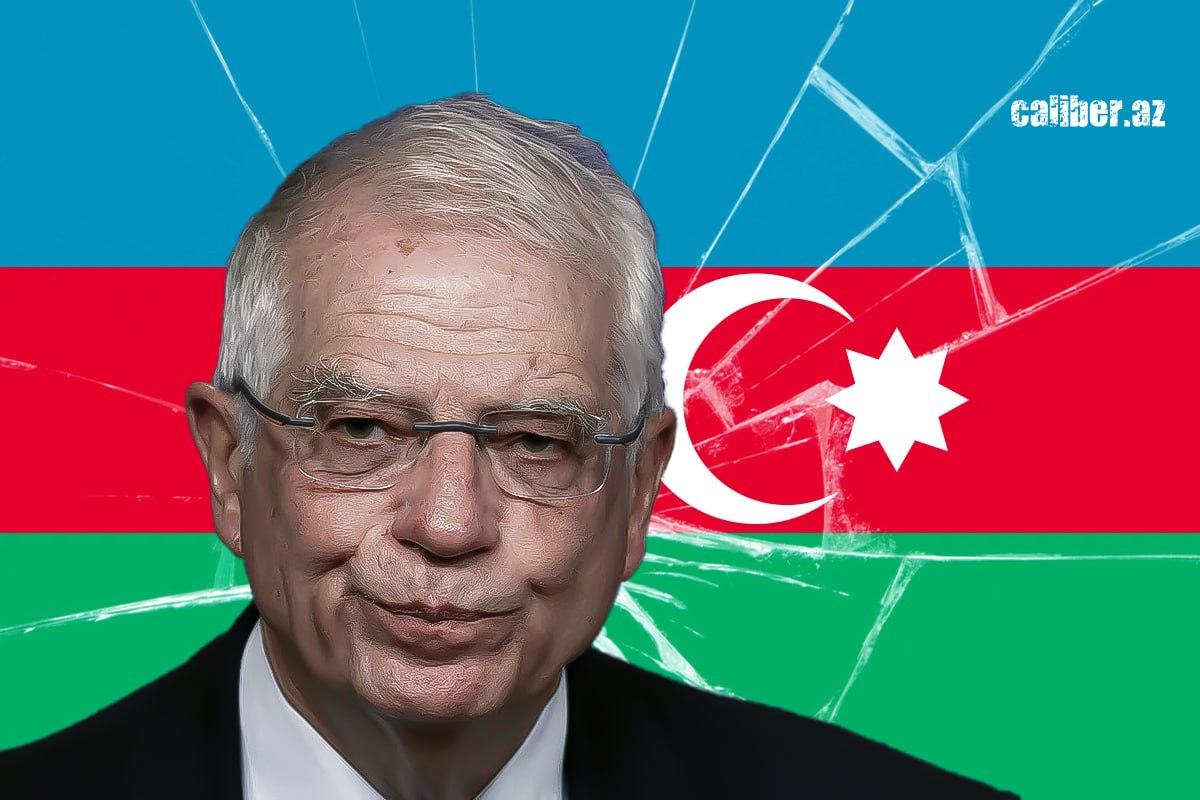
It would be extremely naive to expect that with the appointment of Kaja Kallas, the European Union's policy in the South Caucasus will drastically change. A clear example of this is an initiative put forward by Kallas herself in January of this year, which involved extending the EU's intelligence mission in Armenia for another two years. This mission has repeatedly been accused by Azerbaijan of espionage and undermining regional stability. However, these serious allegations did not influence Brussels' decision: the EU Council extended the mission's mandate until 2026 with an increased budget of €44 million. Official Baku has repeatedly expressed dissatisfaction with the activities of the European "spies." President Ilham Aliyev emphasized that the extension of the mission was not agreed upon with Azerbaijan. In an interview with a Russian TV channel in December 2024, he reminded that one of the conditions for a peace agreement with Armenia is the refusal to place armed formations of third countries along the border.
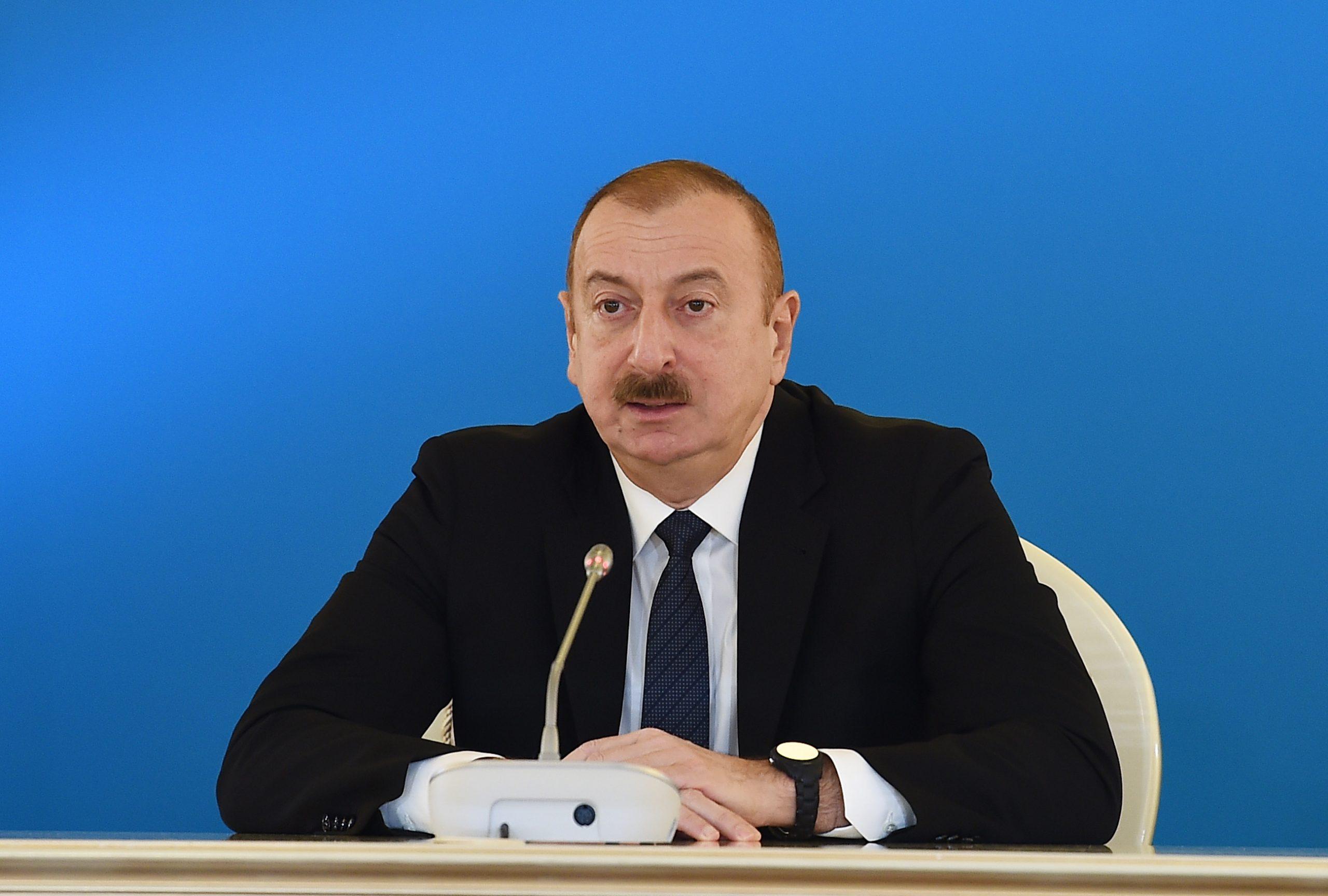
"Under the guise of so-called European observers, NATO infrastructure has been established on the Armenian side of the border. The issue of sending these observers was agreed upon with us in October 2022 during a quadrilateral meeting between Prime Minister Pashinyan, President of the European Council Charles Michel, the President of France, and myself. At that time, we had not yet excluded France from the normalization process. It was agreed that, for two months, a limited contingent of EU representatives would...," noted the President.
Furthermore, Baku views the rise in armed provocations along the conditional border as a direct consequence of the European mission's activities. Despite these well-founded concerns, the office of the EU High Representative consistently rejects any accusations against the EU mission, ignoring the clear increase in tension in the area of its presence.
Criticism is also directed at the European Peace Facility, which is actively financing the militarization of Armenia. This support fuels revanchist sentiments within Armenian society and increases the risks of a new escalation of the conflict in the South Caucasus.
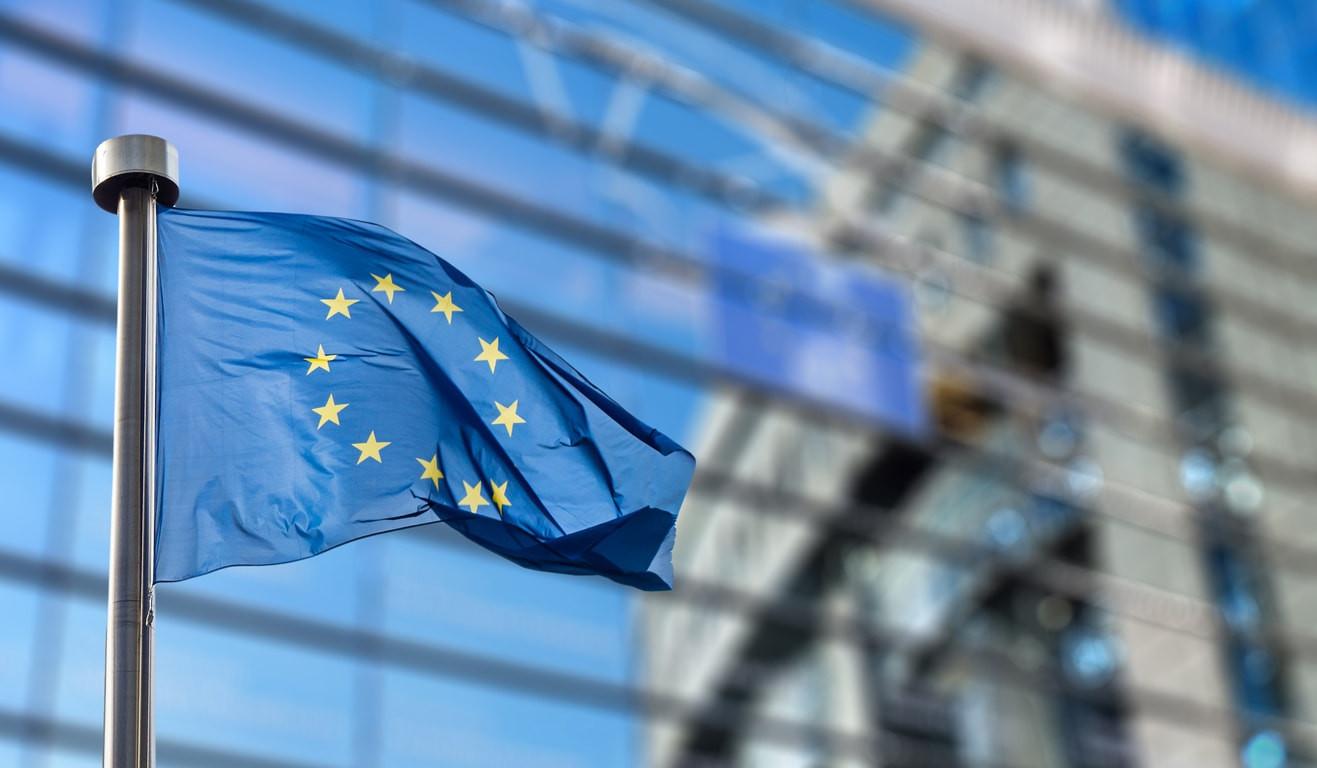
There is no doubt that the upcoming visit of Kaja Kallas to Armenia will only strengthen Yerevan's illusions about the prospects of European integration. This is not surprising: Armenia has found a new "big brother" in Brussels. However, it seems that Yerevan is overlooking the obvious — the status of a regional outpost for the EU does not guarantee Armenia membership in this structure, either in the medium or long term.
This reality is clear to all countries in the region, except for Armenia itself. While euphoria about rapprochement with the West reigns in Yerevan, European patrons are actively pursuing their own strategic interests, which often conflict with the goal of ensuring stability in the South Caucasus.
Given the current dynamics, Armenia's awakening is unlikely to happen anytime soon.








